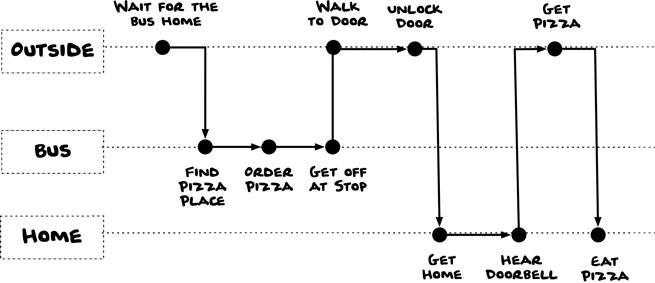This is a ‘HOWTO’ page. They’re incomplete, intermittently updated works in progress. There is a listing of all HOWTO pages.
Types of data to collect, and why
Some of these are metrics. Others, like technologies and policies in play, are mere data—but not knowing these will lead you astray.
| Type of information | Why bother | How to gather |
|---|---|---|
| Timing for each step (wait time, cycle time, etc., as well as lead time) | See where the time goes; variation in timing points to variation in process | Best: measure or observe directly. OK: ask people who do the work. Worst: existing data or metrics. |
| %C/A (complete and accurate) as work ENTERS each step | Notice where errors are produced and where (if) they are fixed | ditto ⬆️ |
| Frequency: how many/how often | ||
| Customer sentiment: how people are feeling | Survey. Interview. Observation. | |
| Puzzles, challenges, opportunities | ||
| Technologies, products, systems used | This is not always common knowledge. Another source of variation | |
| Wiggle room | ||
| Controls |
The best type of process mapping to add these to
…is a journey map. Follow Abby’s advice:
10. Journey Map
Information Architecture for Everybody. Based on a book by Information Architect, Abby Covert.

After you have a map, you can decorate it with a few of the most relevant types of information in the table above.


